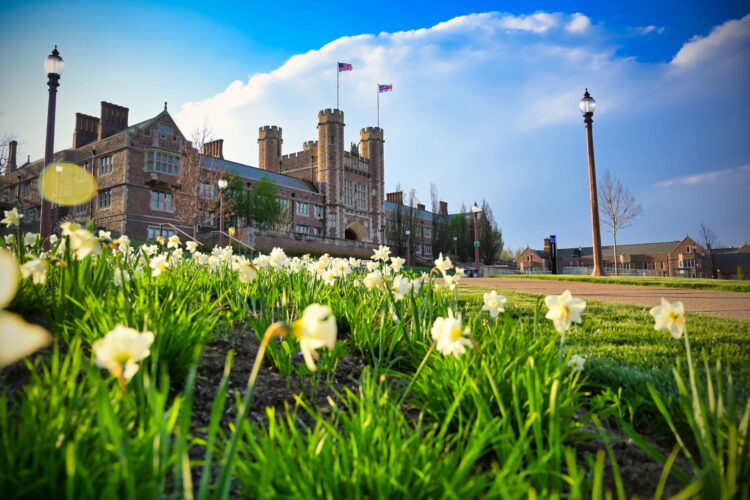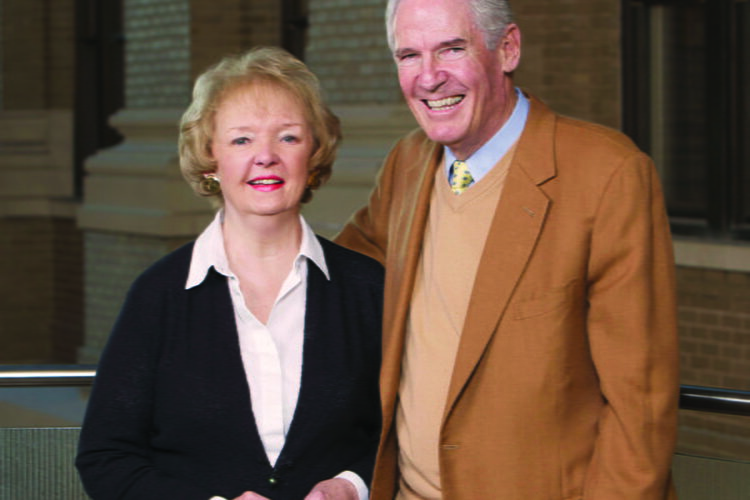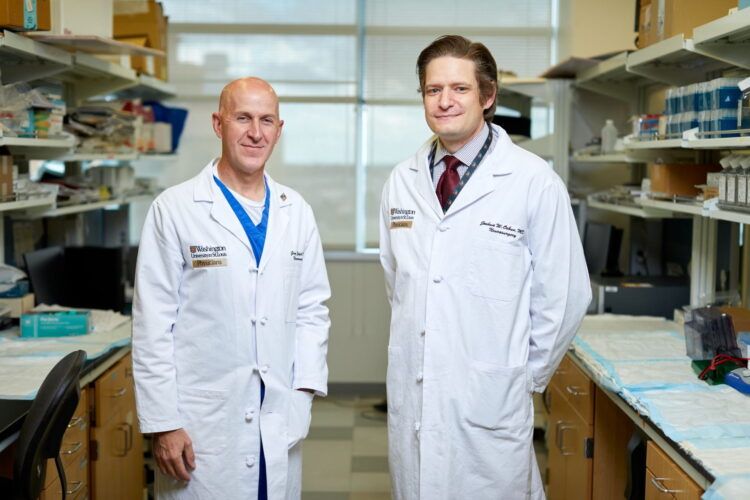Words of Appreciation From Beneficiaries
“I am so grateful for the help and also for being part of an institution that so clearly cares for its students.”
“I can’t express how much I appreciate the support. These funds mean a roof over my head and a meal on my plate in a moment of great anxiety and uncertainty.”
“Thank you so much for your generous assistance. It couldn’t have come at a better time. We had gone through savings and used so much credit. … It’s so wonderful to feel like we’re part of the university family.”
When the COVID-19 crisis erupted in the United States in early March, it deeply disrupted countless lives and created financial hardships for many, including students and employees at Washington University. Almost immediately, members of the university community asked what they could do to help, and in response, the institution established the WashU Crisis Response Fund.
Thanks to the generosity of those who have donated to the fund, the university has provided emergency assistance to hundreds of students and employees. The support allowed one recipient and his wife to pay their family’s utility bills and rent. It helped another return home to care for her mother, who had been diagnosed with breast cancer. And it ensured others had food to eat during a period of great challenge and uncertainty.
“In my time of need, WashU did not let me slip through the cracks,” says Danny Lawrence, a University College student who received assistance from the fund after losing his part-time job when the pandemic struck.
All told, the university has allocated $502,000 through the Crisis Response Fund. As of mid-July, alumni, parents, and friends had contributed nearly $150,000 for the student portion of the fund. The university also provided funding, along with units such as the Brown School and Student Union, WashU’s undergraduate student government. Distributions were made to 737 students in two waves between mid-March and early May.
A broader group of students received assistance in other ways. The university provided reimbursements for parking costs, health fees, and meal plans. Students whose university housing fees were covered by financial aid were given a refund to help them secure new accommodations. Offices across the university, including the Office for Student Success and Student Financial Services, also aided students outside of the Crisis Response Fund.
“One of our institutional goals since before the COVID-19 pandemic has been to provide ongoing support for students with significant financial need,” Chancellor Andrew D. Martin says. “This is reflected in our financial aid packages as well as emergency funds that are available through the Office for Student Success. Our commitment has been reaffirmed during the pandemic as many of our students and families have experienced even greater challenges.”
The employee portion of the fund was created to benefit faculty, staff, and onsite employees of the university’s basic services contractors. More than $50,000 has been allocated to 64 individuals.

For both the student and employee funds, trained volunteers from throughout the university community evaluated applications. Assistance was provided for essential needs and expenses incurred as a direct result of the pandemic.
The allocation process was significantly enhanced through the use of a technology platform called Zengine that offered an easy-to-use application-management system. Software company WizeHive supplied the platform to the university as an in-kind donation and, with help from WashU’s Skandalaris Center for Interdisciplinary Innovation and Entrepreneurship, customized it for the Crisis Response Fund in a single weekend.
“This effort confirms that it is part of who we are as an institution and as a community to come together to support our most vulnerable,” Chancellor Martin says.
The strength of the WashU community, a force that unites people near and far, inspired many donors to contribute to the Crisis Response Fund. When Steven Segal and his wife, Ellen, both BSBA ’82, of Boston learned about the initiative, for example, they readily responded with gifts to assist students and employees.
“Washington University has had a dramatic impact on our family,” says Mr. Segal, a former chair of the Alumni Board of Governors. “It’s where Ellen and I met, and our three children are alumni. The education we received and the relationships we developed there shaped us all. When the university said this was an important priority, we understood and were happy to help.”


